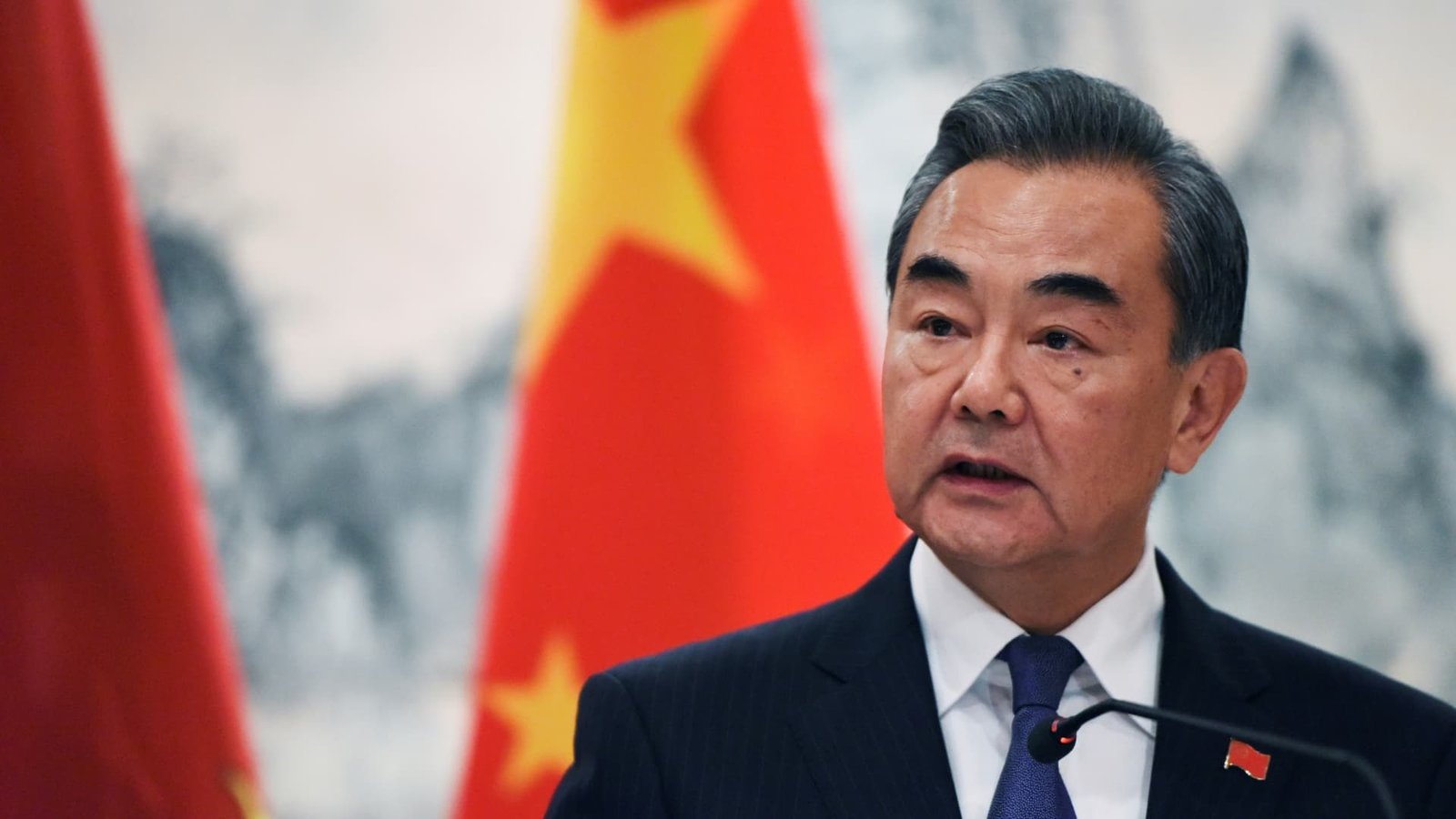China’s top diplomat, Foreign Minister Wang Yi, recently spoke out against the United States, criticizing the country for worsening bilateral tensions and failing to fulfill promises made in the relationship. In a press briefing, Wang highlighted the lack of progress in the China-U.S. relationship, pointing to recent developments such as the U.S. Senate’s move to limit market access for Chinese biotech firms and warnings about China potentially flooding the U.S. electric vehicle market with cheap products.
The strained relationship between the U.S. and China is not a new development, as the two countries have long been at odds over business interests, political positions on global conflicts, and territorial disputes. Wang accused the U.S. of trying to suppress China through various means and expressed concerns about the lack of trust between the two nations. He emphasized the importance of respecting differences and promoting fair competition in the relationship.
One of the key issues that Wang addressed in his briefing was the ongoing conflicts in the Middle East and Ukraine. He called for peaceful resolutions to the Israel-Palestine conflict and Russia’s invasion of Ukraine, stressing China’s support for dialogue and diplomacy in resolving these conflicts. Wang reiterated China’s support for Palestine’s full membership in the United Nations and emphasized the need for an end to violence in the region.
On the topic of Taiwan, Wang expressed China’s commitment to the reunification of the self-governing island with the mainland. He condemned pro-Taiwan independence forces and warned that those who support Taiwan’s independence will face consequences. Wang’s statements reflect China’s firm stance on the Taiwan issue and its determination to maintain territorial integrity.
In addition to addressing global conflicts, Wang also discussed the South China Sea and China’s efforts to promote peace and cooperation in the region. He pledged to work with Southeast Asian nations to ensure stability in the South China Sea and urged restraint from all parties involved in the territorial disputes. Wang’s comments come amid ongoing tensions in the region, including clashes between Chinese and Philippine vessels and international criticism of China’s territorial claims in the South China Sea.
Overall, Wang’s statements highlight the complex and challenging nature of China’s foreign relations, particularly with the United States and other countries in the Asia-Pacific region. As China continues to assert its position on various global issues, including territorial disputes and regional conflicts, it is essential for all parties involved to engage in dialogue and diplomacy to address differences and promote peace and stability in the region.




